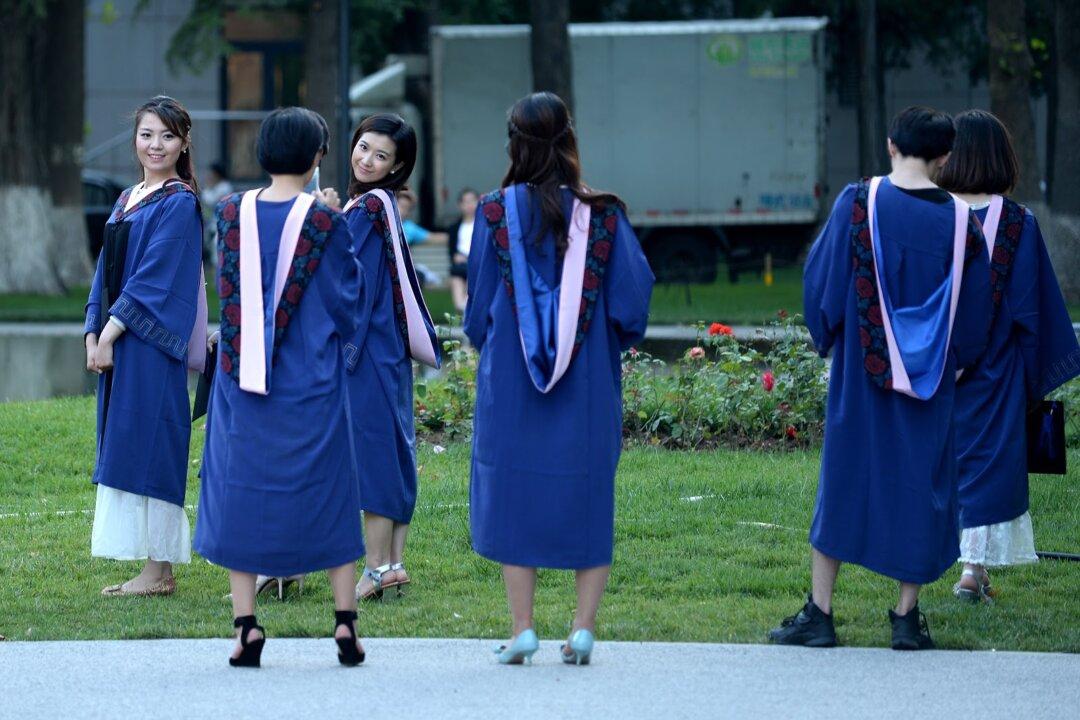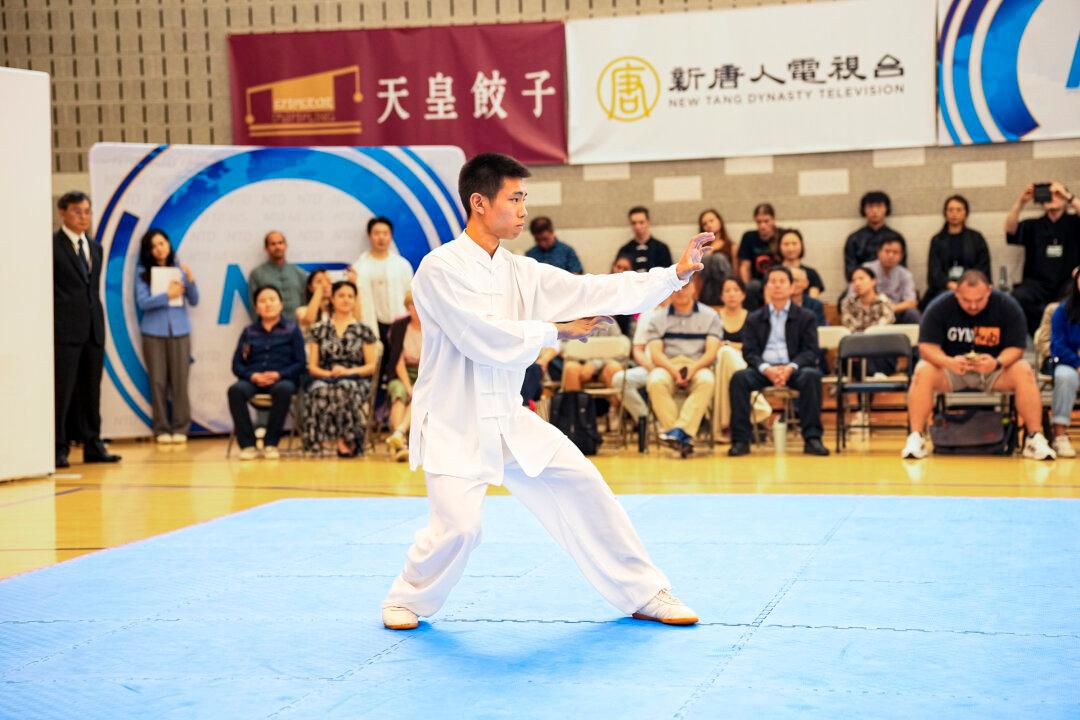In a twelve-year-long case of identity theft, a young Chinese woman was denied the chance to get a university education, get a credit card, or take out even modest loans.
Now in her 30s, Wang Nana of central China’s impoverished Henan Province has finally caught up with the culprit, Orient Today, a provincial news outlet, reported on Feb. 24.
Another woman, unnamed in the report, had secured Wang’s name and personal information in 2003. She then used it to be admitted to the Zhoukou Professional Training Institution and eventually became a teacher.
The fake Wang’s diploma was revoked and her teaching position voided, state-run China Central Television reported on Feb. 27.
The real Wang’s family had gone to great lengths in hopes of her getting into university. Her three siblings all dropped out school to help cover her expected tuition.
Locked out of university, Wang ended up working temporary jobs before getting married and becoming a mother. But the other woman retained Wang’s identity and personal information, even getting a university degree in Wang’s name.
This caused Wang no end of bureaucratic problems. Banks rejected her applications because while she understandably reported her education as high school-level, she technically had already graduated from university.
Eventually Wang began to suspect that she was a victim of identity theft and caught up with the fake by checking the graduation statistics of Zhoukou, the school she had been cheated out of enrolling in. She discovered a graduate with her own name and matching personal details. Only the photo showed a different face than her own.





